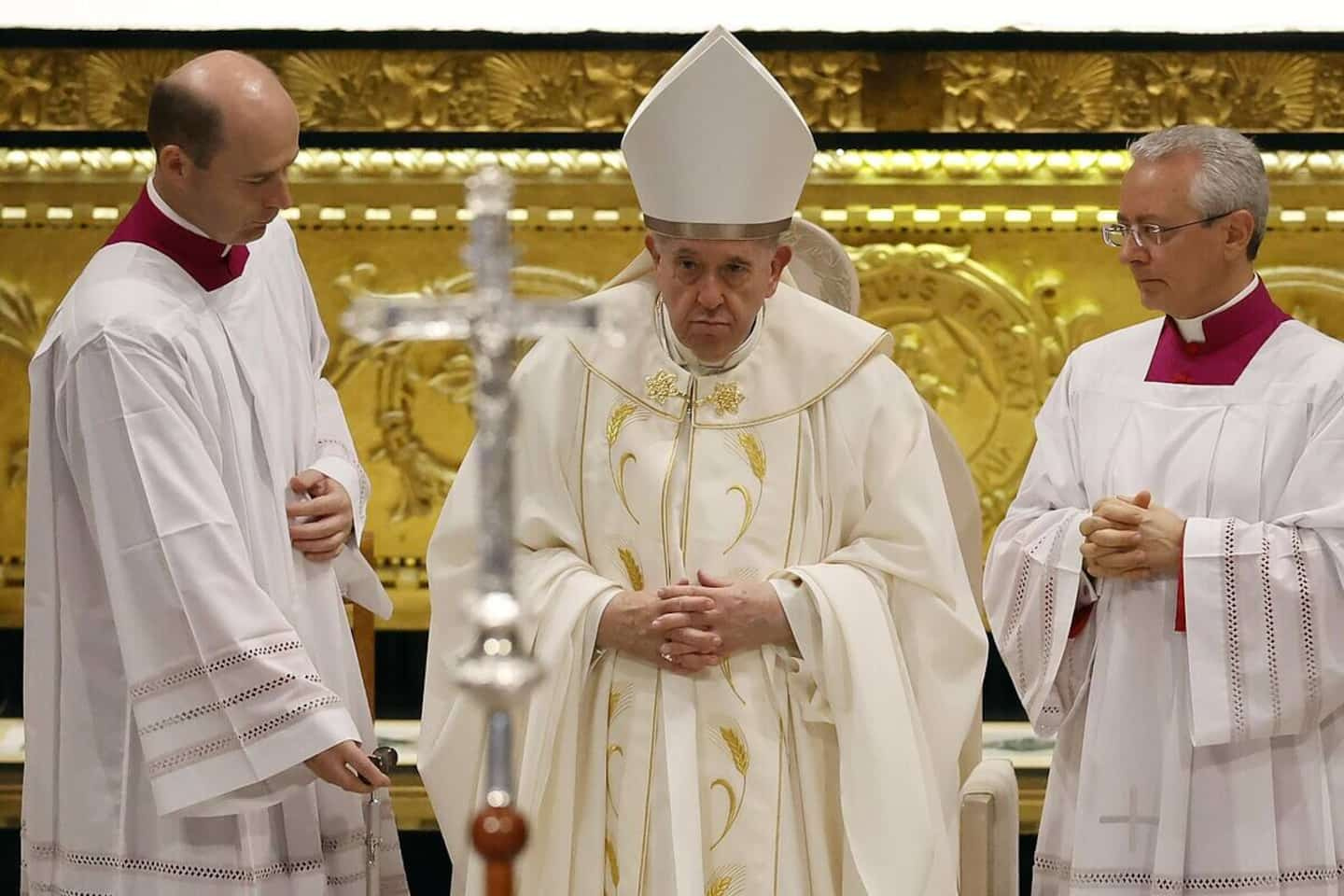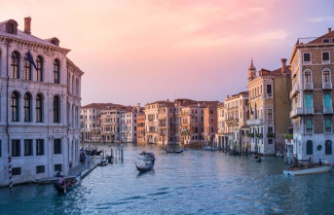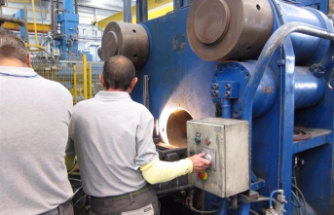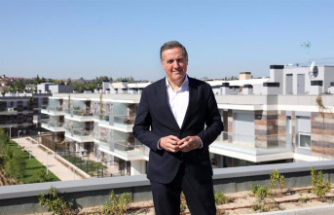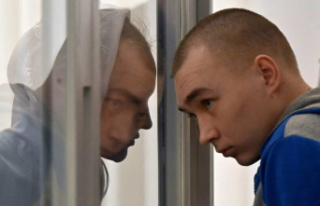The pope is heading to the Arctic on Friday for the final leg of his trip to Canada to meet the Inuit, who in turn are waiting for an apology for the residential schools, but also hoping for strong words on “sex abuse”.
• Read also: He is once again reaching out to the Aboriginals
• Read also: Mixed reactions from indigenous communities
• Read also: Disappointment for merchants in downtown Quebec
The 85-year-old pontiff will make a final speech in the morning in Quebec City before flying to Iqaluit, capital and largest city in the territory of Nunavut.
In this place of the Arctic archipelago accessible only by plane, whose name means "place of fish", live a little more than 7000 people, mainly natives.
In the streets of Iqaluit, made of small colored houses perched on cliffs that jut into the sea, the first stages of the pope's "penitential" journey have been scrutinized by locals.
On the spot, he will meet former indigenous boarders in a school in the city, to whom he will address during his last speech.
“I am very relieved by what happened, by the apologies”, confides Karol Mablick, 17, who admits all the same feeling a “mixture of emotions”.
"It won't solve anything, but an apology in front of the whole world means a lot to us," said Elisapee Nooshoota, 36, a stay-at-home mom.
The request for "pardon for the evil" made to the natives pronounced Monday by the pope in Alberta near a former boarding school, symbol of decades of forced assimilation imposed on the first peoples of the country, were hailed as "historic".
Although many aboriginals point out that there is still a long way to go and that this is only the first step in a long process of healing.
"They should do more, by setting up therapies, mental health care centers," said Israel Mablick, 43, who went to one of these boarding schools.
Between the end of the 19th century and the 1990s, some 150,000 Inuit, Métis or First Nations people were forcibly conscripted into more than 130 of these institutions, cut off from their families, their language and their culture.
Many suffered physical or sexual abuse, and thousands never recovered, victims of disease, malnutrition or neglect.
Intervention of the pope
But in Iqaluit, many are also waiting for specific answers from the pope about Father Johannes Rivoire, who for many has become a symbol of the impunity of sexual aggressors protected by the Church.
This French priest, who spent three decades in the Canadian Far North, is the subject of an arrest warrant, but he has so far never been worried. He left Canada in 1993 and lives in France, in Lyon.
For Kilikvak Kabloona, president of the Nunavut Tunngavik organization which represents the Inuit of Nunavut, "the Pope's apology was not complete".
“They did not take into account sexual abuse and did not recognize the institutional role of the Catholic Church in the protection of the aggressors, this protection allows sexual violence to thrive”, believes she.
"We would like Rivoire to be extradited to Canada to face his charges in court and we have asked the pope to intervene to ask him to return to Canada," she added.
The spiritual leader of the 1.3 billion Catholics, who traveled to western Canada and then to Quebec on this trip, uses a wheelchair due to pain in his right knee.

